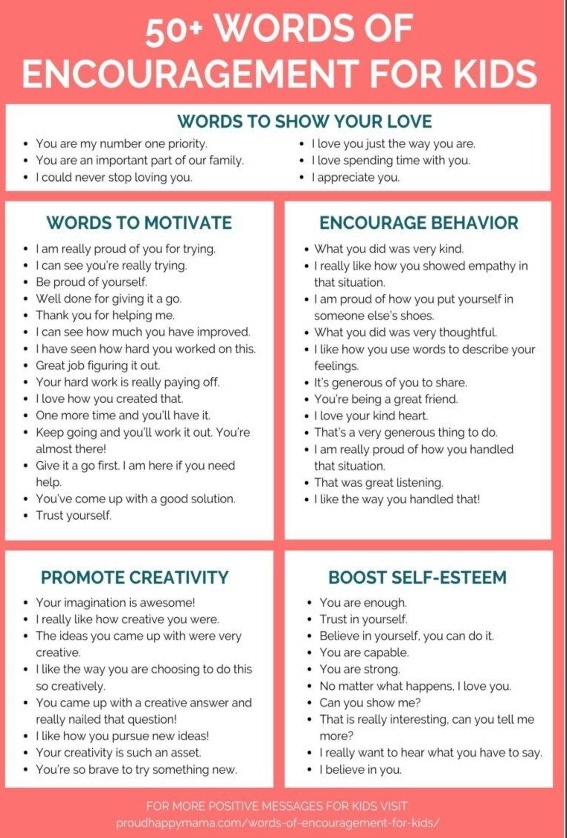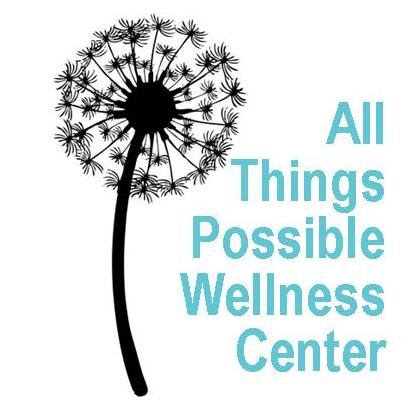How do you spend your pennies?

By Deanna Freed LMSW, CAADC
We have 936 weeks with our children from birth until age 18 when they officially become adults per society’s standards. 936 weeks to pour into them, to teach, model, nurture & love. If our existence is like many – over scheduled, tired families with more to do than there is time to get done, while also managing all of life’s other challenges that come along, it does not leave us with much energy left, to show up at home as our best, most loving, nurturing selves. How are we showing up for our kids week after week?
When they reach that 936th week milestone, will I have regrets and wish that I would have…(fill in the blank)…spent more time with them, listened more, lectured or yelled less, focused more on my relationship with my child than being right, set better boundaries, allowed them to evolve into who they are rather than what I wanted them to be… etc.). We can begin again every day, every hour, every minute, it is never too late to begin a new way. Every desired change must begin with intention & then taking the first, sometimes uncomfortable, action step to just try something different.
Imagine a jar filled with 936 pennies representing the weeks in our children’s lives from birth until 18. As each week concludes you remove a penny. For a 10-year-old child, for example, we would have removed [10 years x 52 pennies for each week =] 520 pennies. We have already passed through 520 weeks with our 10-year-olds. That leaves less than half of the jar of pennies remaining to pour into our child before they are officially an adult. Wow. That puts it into a visual perspective. The following link is the origin of the 936 pennies.
Investing Time With Your Children: The Challenge of 936 Pennies – FamilyLife – A Cru Ministry.
What type of daily memories do you want to create – a safe, unconditional home where they know they are always accepted even during the challenging times or one that is filled with an abundance of unpleasant interactions… which will feel better when you reflect back on week number 936?
With school demands increasing along with long summer days faded into short, darker days, early rising for school, racing around to after school activities, getting dinner ready, homework completed, not enough sleep… family & peer pressures, less outdoor activity, more indoor sedentary restlessness, more blue light from the buzz of computers impacting sleep, less time for social connection… day after day. STRESS builds up in young children, teens & adults this time of year, which can be deeply felt at home. This cumulative stress effect often shows up as irritability, anger, behavioral challenges, moodiness, emotional reactivity, avoidance, shut down, etc. These stress responses may be observed not only in our kids, but also in over-scheduled, too busy, stressed & fatigued parents/caregivers.
Parents, YOU MATTER. You are teaching through your actions how to relate to others, to the world, modeling how to have relationships, how to express feelings & get through challenges. Those who are doing the parenting come in all forms and are not always our biological parent(s), so when referring to parents here, this term is inclusive of all adults providing care for kids on a regular basis. Even and especially, on our worst days, what we do and how we show up, matters deeply. Your words matter, your presence matters. When we make mistakes, and we will, we can use those as teaching & relationship building opportunities. We can apologize if we make a mistake; if we unintentionally took our stressful day out on our child with our tone, lack of presence, or however we may have dismissed their needs because we may be barely taking care of our own some days. Parents cannot be expected to be perfect, however remember that on our good and bad days, we continue to role model, not just with what we say, but often more importantly, in what we do or don’t do, and how we do it. We do not need to have all the answers, and we cannot prevent the tears and frustrations that will come for both us adults as well as our children, but we can remind ourselves that we will never have this day again. How do we want to spend it- What do I value? How do I create a space of love and acceptance even on our worst days? What do I want that to look like and am I doing that? If not, how do I start?
Consider the adults you had in your life when you were younger, what memories do you have? Were they good or not so good? What words and actions felt supportive when you were a kid & if you did not receive that, what support do you wish you would have received as a child. You can be that support for your child!
The words we use with our children matter, our full presence matters, putting down our phones, closing our laptop to give them our full attention; our tones, our interest in who they are, not in their accomplishments, matter. Our acceptance of children should not be conditional, based on their good behavior only. Do we still communicate that we value & love them even when we may be unhappy with their behavior. Boundaries and consequences may be necessary to address unacceptable behaviors, but our unconditional acceptance of the child should remain constant.
Encourage your children to express emotions and opinions, even if we as parents/adults disagree. Help them learn how to do this in respectful ways. This teaches them how to do the same with others. It’s easy to be kind & act loving toward others when they are doing what we want them to be doing. The challenge is when they are not. Sometimes we need a break from the intensity of the emotions with our kids before addressing the issue, but we can always come back to it. If we keep a mindset of listening to understand & not to be understood, although both are important in parent/child relationships, if we FIRST listen to understand and then our child feels seen and heard, we are demonstrating to them that we value them and are modeling how they can do the same with others. It reinforces that we do not have to agree to communicate respectfully & in fact, learning ways to communicate is often most important when we do not agree, to prevent buildup of resentments.
Often, all our children need from us is to listen. We do not need to fix, offer solutions or tell them what to do. We just need to listen. We help them by empowering them to work through their own challenges, which builds self-confidence and resiliency.
We can let children know we are really listening by reflecting back what we are hearing them say. This offers both the opportunity for them to experience being valued and heard, as well as the opportunity to clear up any misunderstandings and in doing so, we are teaching kids how to communicate instead of shutting down or blowing up when things become overwhelming.
How many pennies are left in your child’s jar and how do you want to spend those remaining pennies?

